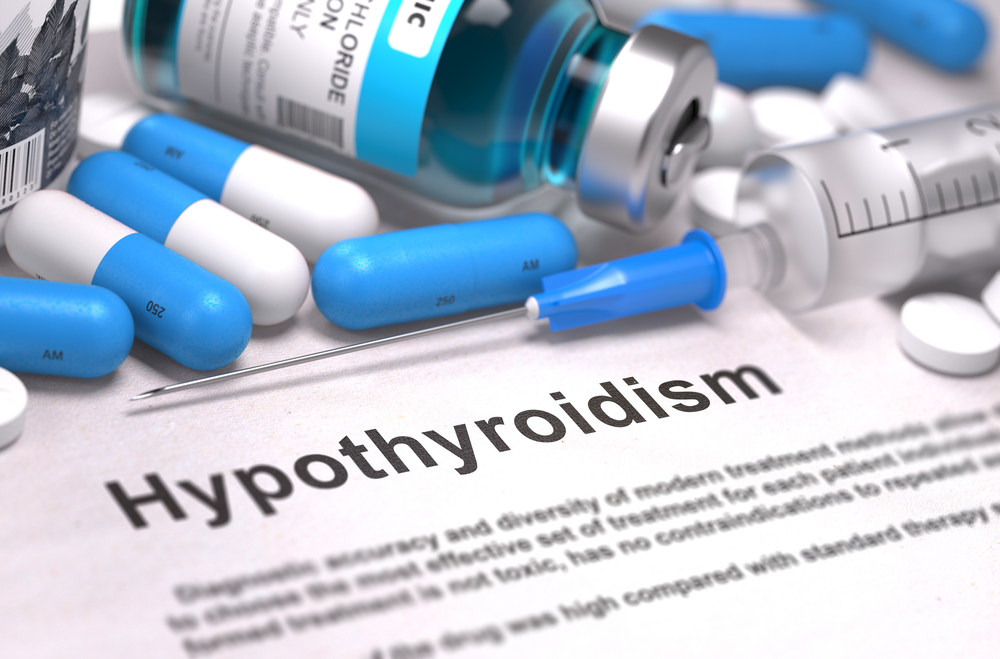Contents:
- Medical Video: Andy Samberg Shows Favorite Clip Ever
- Is it true that thin children get sick easier?
- Child underweight or lack of nutrition more susceptible to illness
- It is important for you to maintain the nutritional status of children
Medical Video: Andy Samberg Shows Favorite Clip Ever
Often, you might think that thin children are more susceptible to disease, while obese children are healthier and less sick. Disease is indeed related to a person's nutritional status which can be seen from his body size. However, it is not that easy to say children are more susceptible to disease or not.
Is it true that thin children get sick easier?
Actually it's not like that. Not all thin children are more susceptible to disease or more often sick. More precisely is the child who is underweight or lack of weight are more at risk for disease. When a child is underweight or malnourished, the child's immune system will be weaker in fighting infection, so it is less able to protect children from disease.
You need to know, not all skinny children are underweight or underweight. Thin and underweight may look the same at a glance, but they are different. It could be that the child looks thin in your eyes, but actually if the child is measured it falls into the category of normal nutritional status.
You must know your child's nutritional status to determine whether your child is underweight or not. You can take your child to the Posyandu to weigh his weight and measure his height, or you can also take the child to the doctor to find out the nutritional status of the child.
Child underweight or lack of nutrition more susceptible to illness
Low nutritional status or when children cannot fulfill their nutritional needs properly, the child will be more susceptible to infection. Nutrition is related to your body's immunity. The better your nutritional status, the better your immune system will be. Conversely, poor nutritional status can make your immune system weaker.
This was also expressed by Elena Blanco-Schumacher, RD, a clinical nutritionist. He said that people with weight were more or less vulnerable to infection. This is because the body's immune system is fat and easily disturbed, reported from Today's Dietitian. So, it's no wonder that children with poor nutritional status are more susceptible to disease.
Recent research conducted by Dobner and Kaser (2017) also shows that underweight children are associated with a higher risk of infection. Not only that, research published by the European Society of Clinical Microbiology and Infectious Diseases this also proves that children who are overweight or obese also share a higher risk for infectious diseases.
It is important for you to maintain the nutritional status of children
To make children healthier and avoid disease, it is important for you to maintain children's nutritional status. How to?
- Give children nutritious food. The age of the child is the age where nutritional needs are high. For this reason, children need to eat various types of food. Get used to children to like all kinds of food. Offer children a variety of foods, so that the variety of food that enters the child's body increases.
- Routinely measure children's nutritional status. Bringing a child to a Posyandu to weigh the body and measure height is very important to know the development of the child's nutritional status. So, you can also determine what steps you will take if your child's nutritional status is lacking or excessive.
- Let the child be active or make it a habit for children to exercise regularly. This is important so that a balance occurs in the child's body. Balance the energy that enters and also the energy that comes out. Thus, normal nutritional status is easier to achieve and maintain. Do not let the child linger in front of the TV or computer, this will only make him lazy to move.
- Make sure the child gets enough sleep. Sleep is needed by children to support their growth and development. During sleep, cells in the child's body repair themselves.












